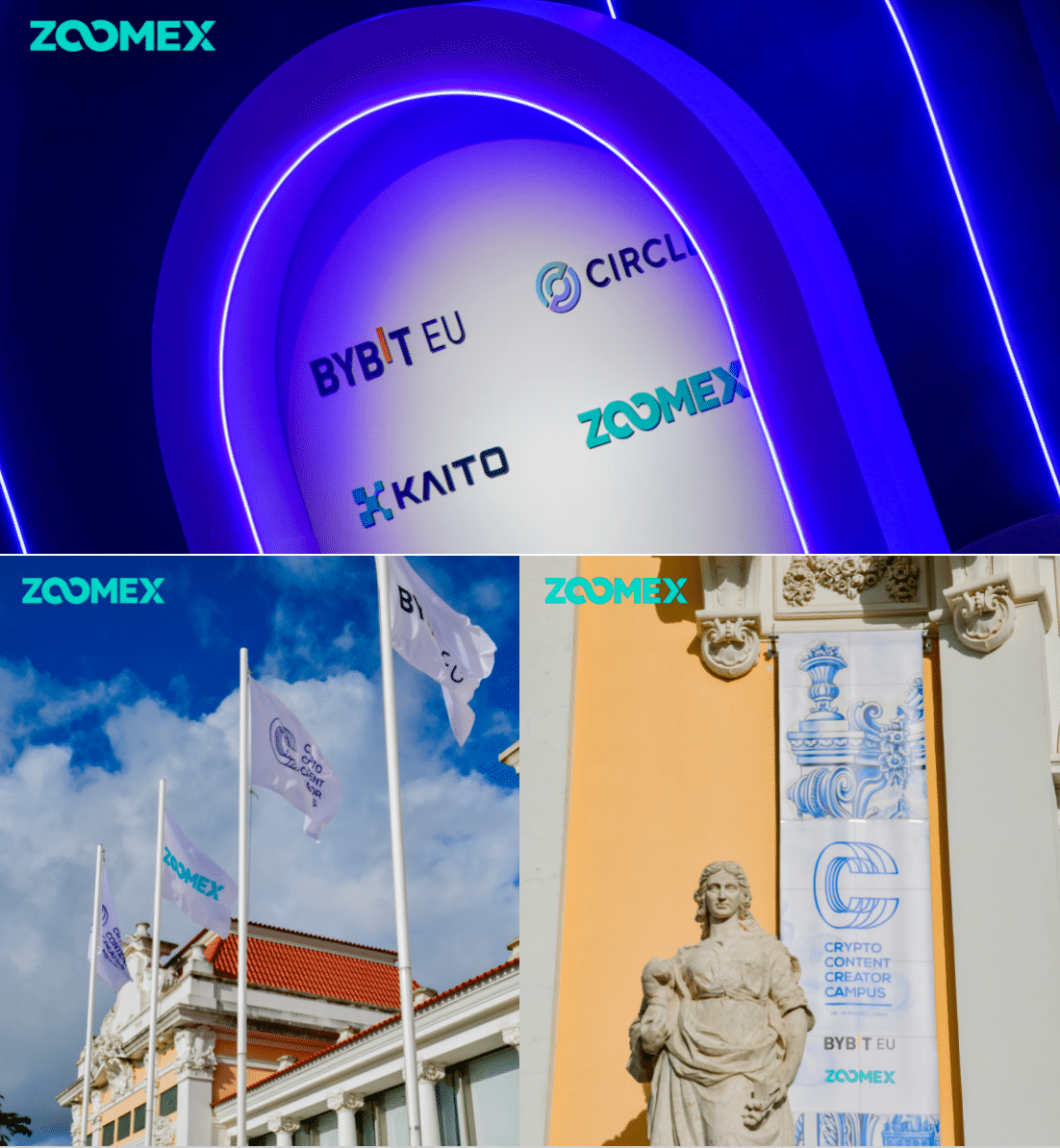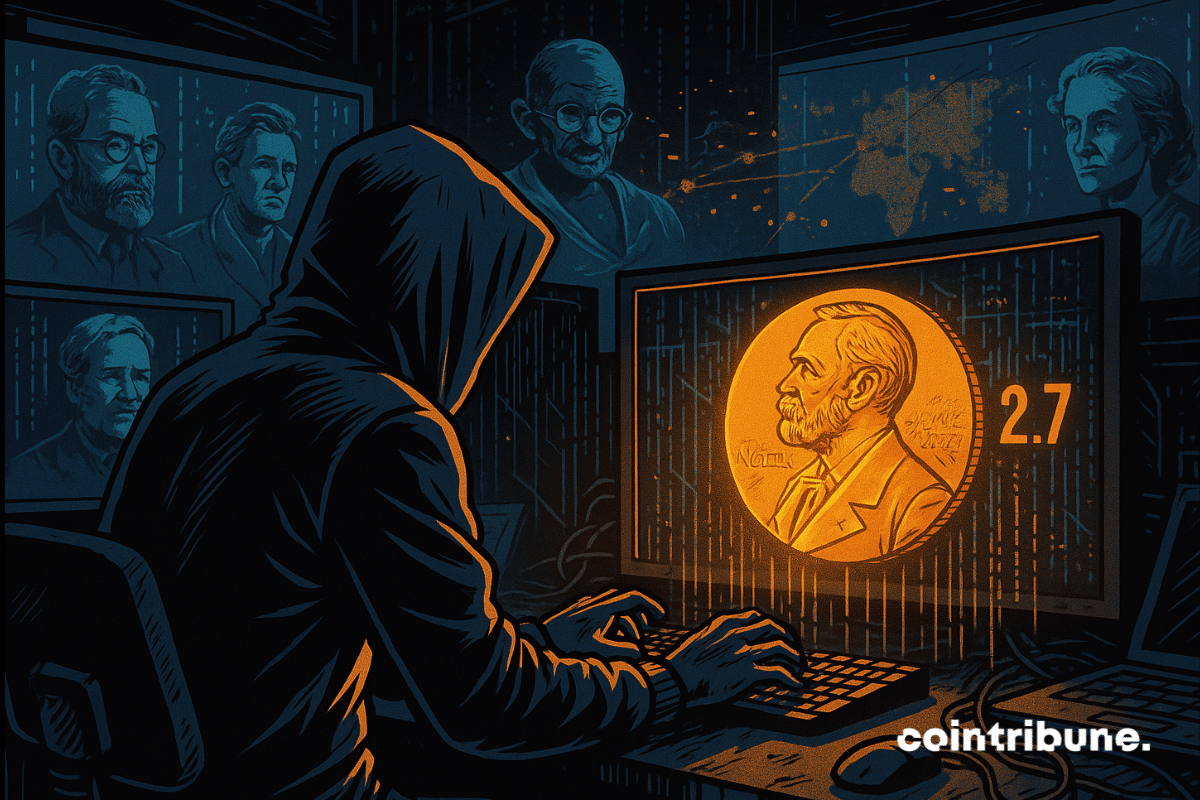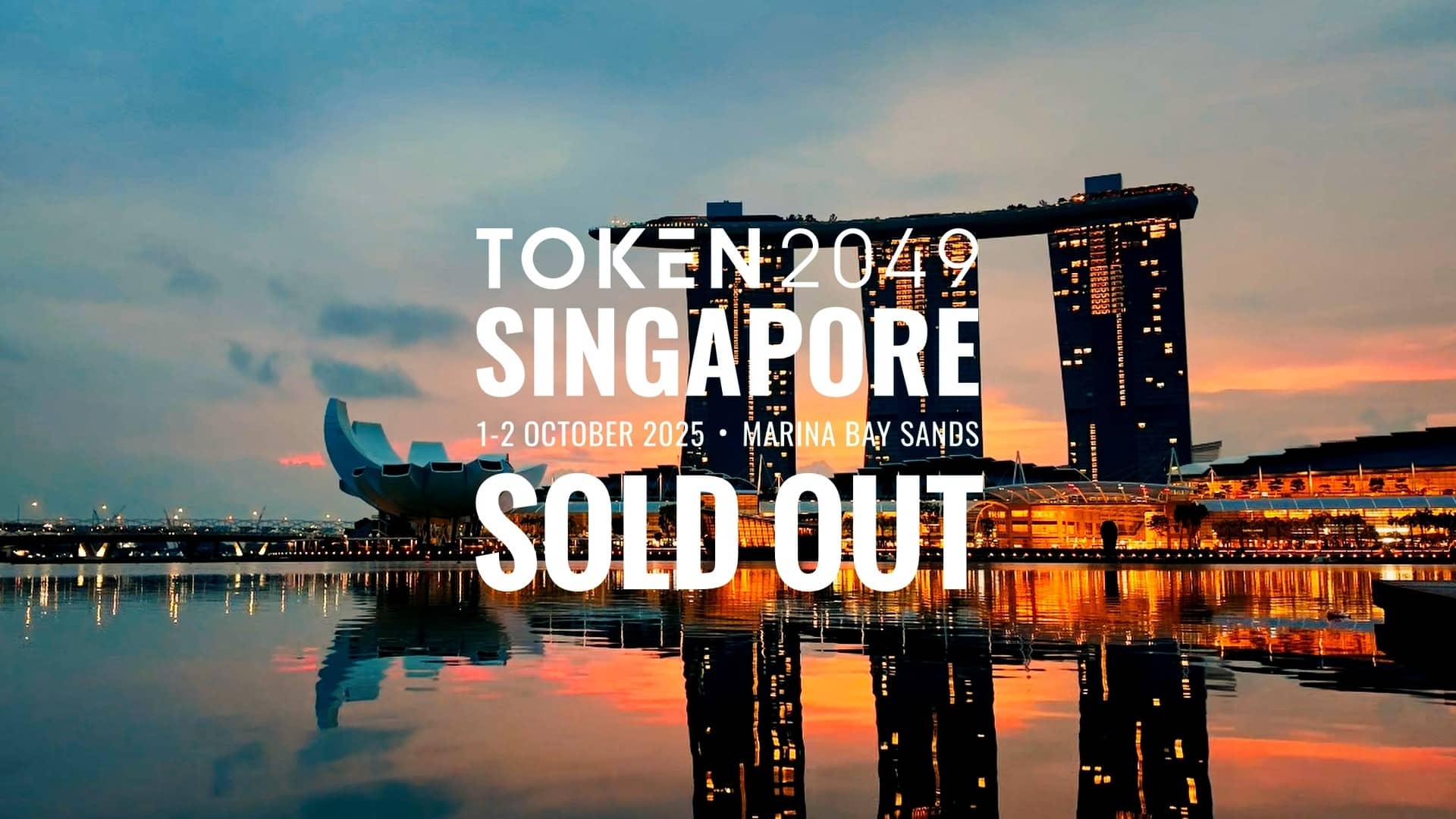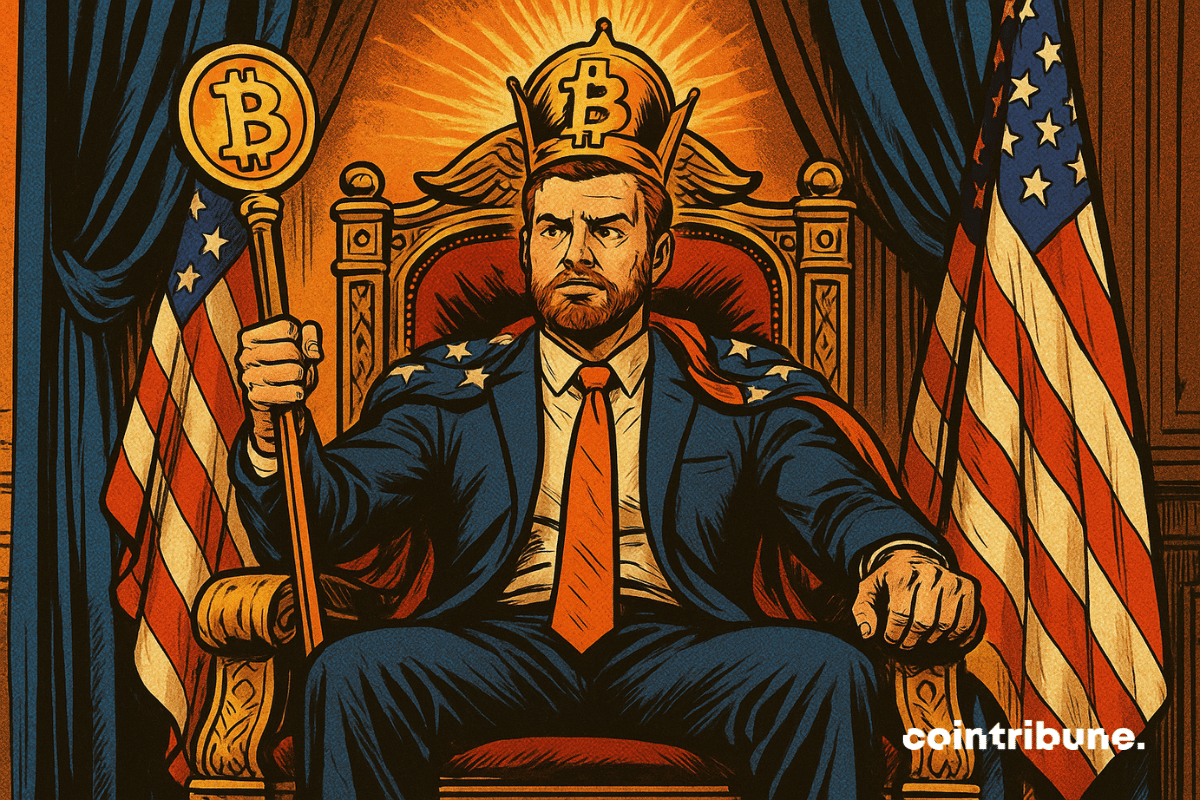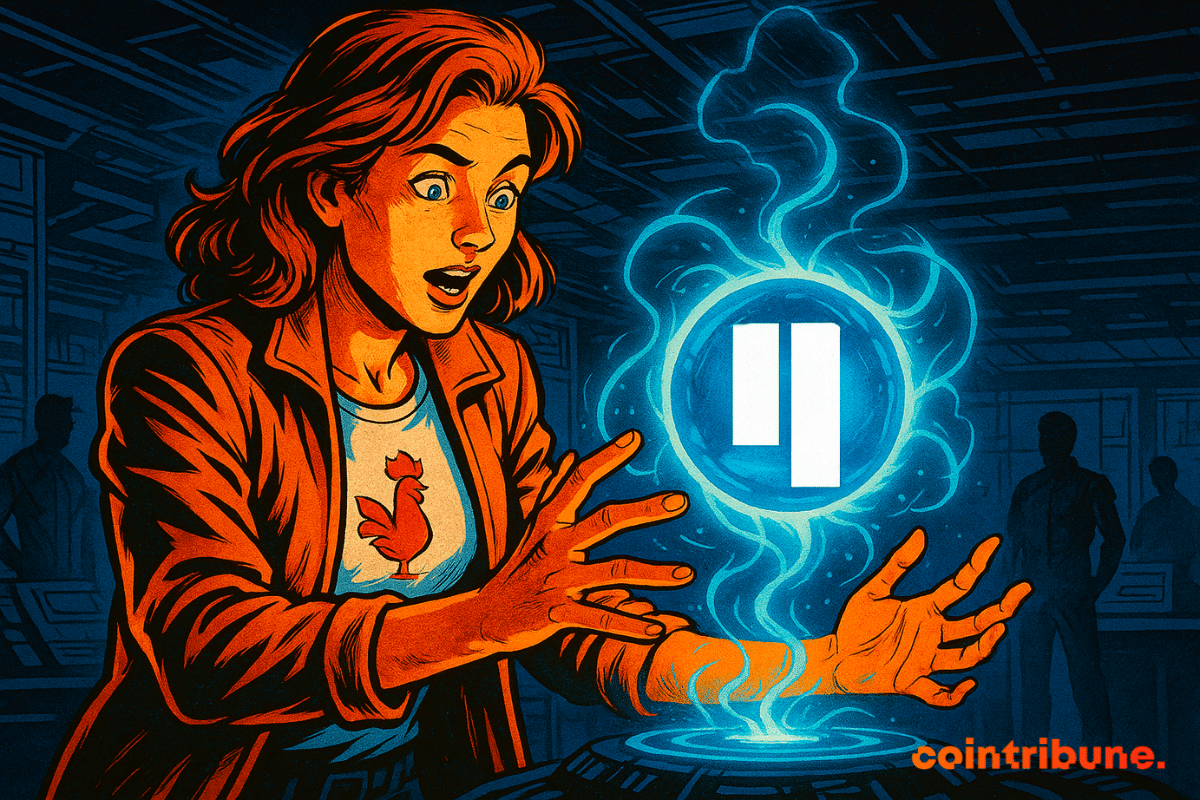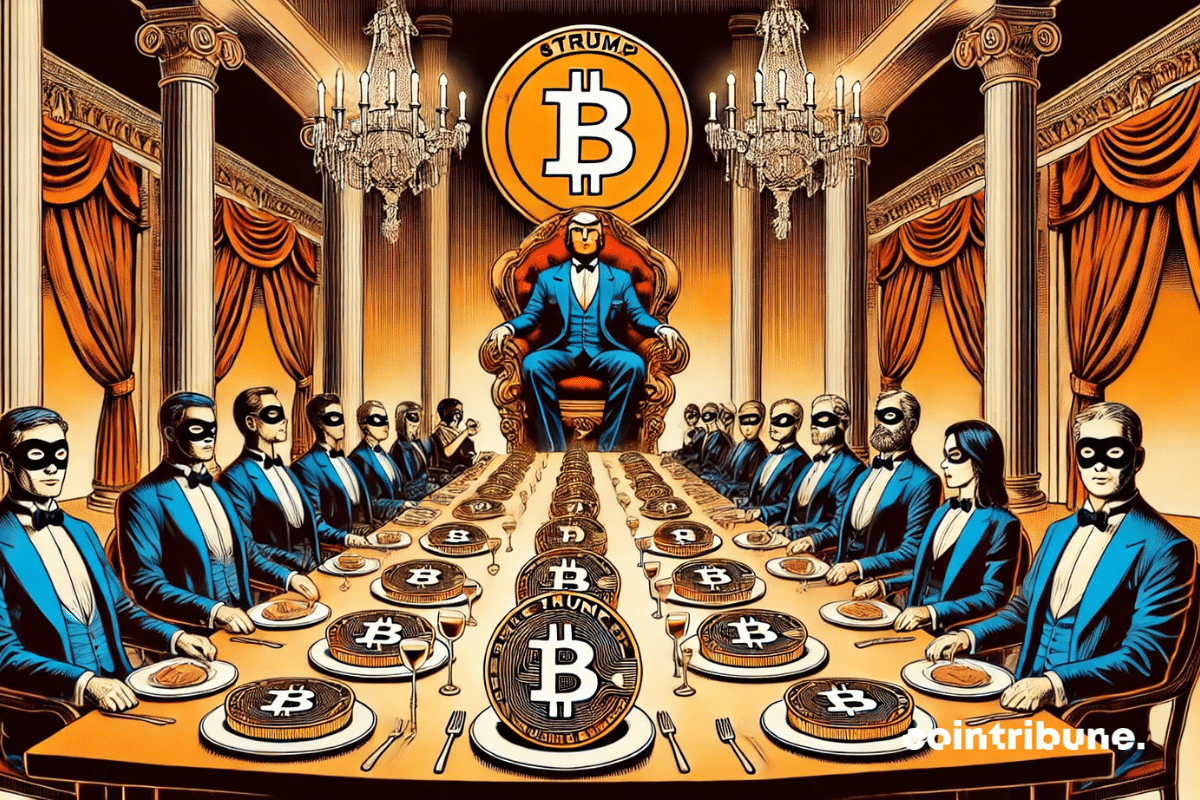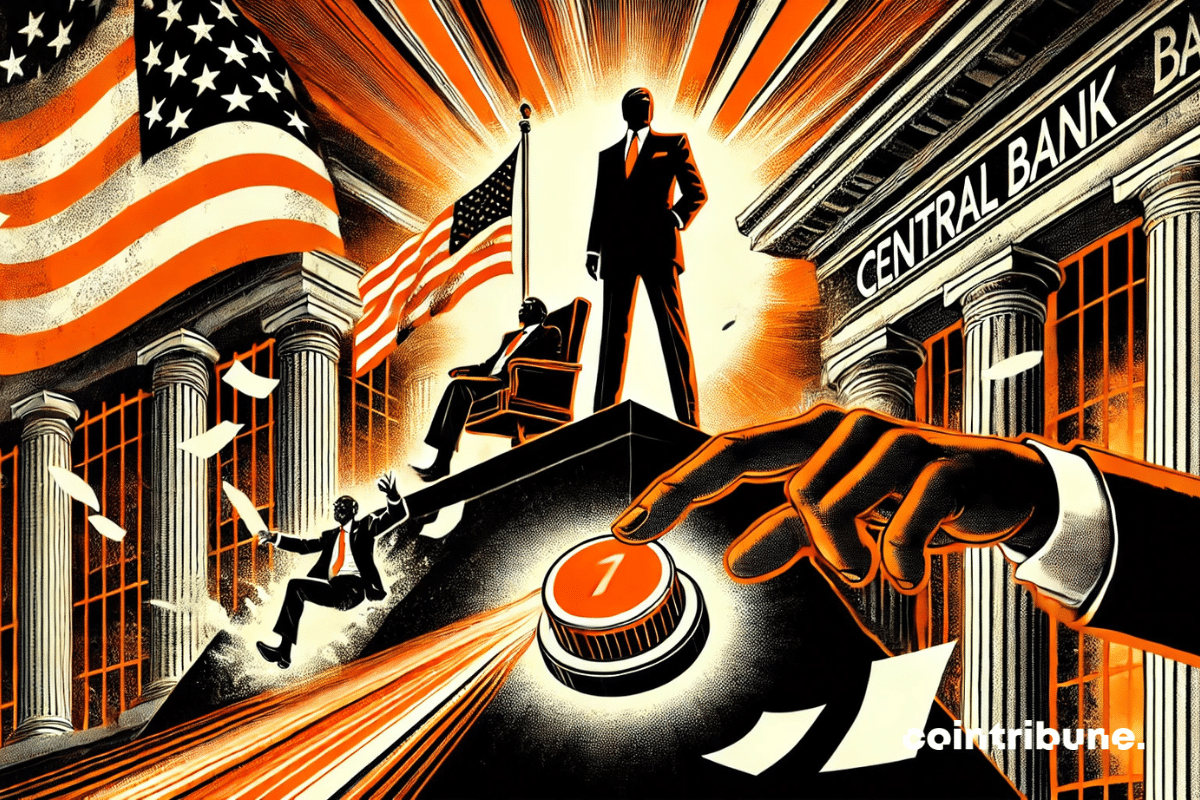Lisbon, Portugal, November 16, 2025 — Global digital asset trading platform Zoomex, as the diamond sponsor of CCCC Lisbon 2025, made a successful appearance at the two-day crypto event. With its core strengths of “simple and user-friendly, secure and transparent, user-first,” Zoomex stood out as one of the most prominent trading platforms at this European crypto gathering.
Theme Event
Lobanova joins fellow speakers Eric Trump, Tristan Thompson, Iggy Azalea & a host of blockchain leaders for the Miami Conference on November 5-6th
Naoris Protocol was recently cited in a U.S. SEC filing as a reference model for quantum-resilient blockchain infrastructure.
Leuven, Belgium — November 2025 — After the tremendous success of WAIB Summit Monaco 2025, where over 2,000 Web3 and AI enthusiasts gathered in June to celebrate innovation and the future of decentralized technology, WAIB Summit is now heading to Leuven, Belgium…
Unusual Polymarket bets on Maria Corina Machado surged hours before the Nobel Peace Prize announcement, raising suspicions of insider trading.
TOKEN2049 Singapore 2025 took place on October 1st, bringing together the entire global crypto industry for its largest gathering of the year. With a fully sold-out event of 25,000 attendees from over 160 countries, alongside 500+ exhibitors and 300+ speakers, TOKEN2049 cements its position as the world's largest crypto event.
From October 7 to 9, 2025, Madrid becomes the epicenter of blockchain innovation with MERGE Madrid, the must-attend event bringing together over 3,000 participants and 200 speakers from Europe and Latin America. This year, one player is determined to steal the show: Qubic (QUBIC), the blockchain boasting record-breaking performance and a disruptive vision combining artificial intelligence and decentralized computing.
New Delhi, September 2025 — India Blockchain Month (INBM) returns for its landmark second edition, reinforcing its stature as Asia’s most ambitious Web3 movement and one of the world’s largest community-driven blockchain festivals. Spearheaded by BlockOn Ventures and Web3preneur, the month-long innovation campaign will transform New Delhi into the global epicenter of Web3, AI, and Real-World Asset (RWA) adoption.
The Qubic blockchain is set to make its mark at Token 2049 Singapore, taking place from October 1-2, 2025. This participation represents a decisive milestone for the protocol that claims the title of "fastest blockchain ever certified" with an impressive throughput of 15.5 million transactions per second (TPS) and after a highly publicized demonstration of its UpoW technology on Monero.
Coinfest Asia 2025 transformed Bali’s Nuanu Creative City into the world’s largest crypto festival, attracting over 10,000 participants from 90+ countries. Across two days, the event combined 300+ speakers, 100+ sessions, and 100+ side events with immersive activities, live music, Balinese cultural showcases, and many more. More than a conference, Coinfest Asia felt like a crypto celebration—where innovation meets adoption and Web3 came alive on the island.
Coinfest Asia 2025, the world’s largest crypto festival, officially opened at Nuanu Creative City in Bali, bringing together 10,000 attendees from more than 90 countries. With 300 speakers and 100 side events, the opening day underscored Southeast Asia’s role as a key driver of Web3 adoption, blending industry insights, culture, and community into one immersive experience.
The ultra-fast blockchain revolution starts today, and Cointribune offers you the opportunity to be the first players... while earning exclusive rewards! On the occasion of the latest technological developments of Qubic, its certified world record of 15.5 million TPS, and its mining feats on monero, we are launching an exceptional activation with over €2,000 in prizes to win! From August 25 to September 29, 2025 at midnight, discover the fastest blockchain in the world and try to win a PS5, a stay at a 5-star hotel in Strasbourg, and $QUBIC tokens. But that's not all! If you want to be sure to win, exclusive collector goodies are now available on the marketplace as part of the Cointribune x Qubic activation!
The $NAORIS token debuted yesterday afternoon on multiple exchanges simultaneously: Binance Alpha opened trading, followed by a NAORISUSDT perpetual contract on Binance Futures. MEXC launched the spot market, Bitget listed NAORIS/USDT, and LBank opened within the same window.
HANOI, Vietnam – August 1–2, 2025 | National Convention Center - Vietnam is entering an “era of national rise”, a pivotal inflection point to assert its place in the global technology race. Fueled by bold policy reforms, surging investments, and a fast-growing digital infrastructure, the country is primed to become a strategic epicenter for the blockchain revolution.
The transformation of Web3 cybersecurity begins today, and Cointribune gives you the chance to be among the first to lead the way... while earning exceptional rewards! To celebrate the Naoris Protocol TGE on July 31, 2025, we're launching an exclusive contest with over €2,000 in prizes. From July 31 at 9 p.m. to August 14, 2025, at midnight, discover the world’s first post-quantum cybersecurity protocol and try to win Ledger Nano S Plus devices, $NAORIS tokens, and exclusive collector's goodies.
Coinfest Asia, the largest crypto festival in the world, returns on August 21–22, 2025, at Nuanu Creative City, Bali. Known for its immersive format and hands-on Web3 showcase, this year's event is set to gather over 10,000 participants from across crypto, finance, tech, and the broader digital ecosystem.
Imagine the Louvre Carousel filled with computers, post-its, and high-fives among coders: that’s how the RaiseHack finals took place on July 8-9, in parallel with the RAISE Summit, the main European gathering dedicated to AI. The 2025 edition truly earned its title of the world’s largest AI hackathon: over 6,000 developers registered across all Tracks, a record certified by the organizing foundation.
Having firmly established its presence in 2023 and 2024, GM Vietnam — Vietnam Blockchain Week now enters a new chapter, defined by greater ambition, expanded scale, and the spirit of Southeast Asia’s next-generation builders.
Cointribune invites you to take part in a brand-new Read to Earn quest in partnership with Runbot. This time, your reading can earn you much more than just knowledge: in just a few simple steps, you can unlock exclusive credits on Runbot and enter a draw to win a share of the $400 prize pool.
BALI, INDONESIA – April 2025 — Coinfest Asia, the largest crypto and Web3 festival in the world, is officially back. Taking place August 21–22 at Nuanu Creative City – Bali’s creative and cultural hub—the event will bring together a global crowd of 10,000+ founders, builders, investors,…
Not seen Trump, but his pro-bitcoin envoys proclaimed in Vegas: America wants to mine, regulate, and dominate the crypto-world, while Beijing tightens the screws.
In a world where DeFi still has to prove itself, Credefi emerges at the right moment. Its mission? To offer useful finance, rooted in the real economy. At TOKEN2049, the global summit of Web3, the team was able to connect investors and tangible assets. Their model, based on European SMEs, combines security and yield. Away from the noise, Credefi moves forward methodically. And this is just the beginning. If Europe is its foundation, the United States will be its next conquest, with a discreet yet solid strategy. The direction is clear. The tempo, perfectly controlled.
Imagine this: you’re among the 220 lucky winners invited to dine with Donald Trump. The email lands in your inbox. Your heart races. Black tie recommended. You’re in. On the other side, thousands are fuming. Their wallets didn’t make the cut. No dinner. The verdict is in. The $TRUMP memecoin has revealed its winners… and its losers. In the crypto world, this contest marks a turning point—both spectacular and controversial.
During the Qubic 2025 Hackathon in Madrid, a French team stood out among the best global talents. Under the name QuLang and supported by Frekaz Group, this delegation immersed itself for 48 hours in the demanding universe of Qubic, characterized by technical intensity, teamwork spirit, and decentralized ambition.
When crypto turns into an invitation card: to have dinner with Trump, all you need is to own his token. Political marketing is certainly no longer afraid of ridicule.
The shadow of Donald Trump once again looms over American financial stability. His recent threat to fire Jerome Powell, chairman of the Federal Reserve (Fed), is not just another provocation. It is a political gamble that could crack the very foundations of monetary independence. A scenario where the impulsiveness of one man overturns the global economic chessboard. But behind the loud declarations lies a very real systemic risk, candidly analyzed by influential voices like Anthony Pompliano. Explanations.
Paris Blockchain Week, Europe's premier blockchain and Web3 event, wrapped up its sixth edition at the iconic Carrousel du Louvre, setting a new standard for industry gatherings. The event was a resounding success, drawing over 9,600 attendees from 95 countries, including an impressive 67% C-suite executives, demonstrating the strategic significance of blockchain across global business leadership.
As the standoff between Binance and the SEC shapes the regulatory future of crypto in the United States, both parties are seeking a new 60-day judicial stay. A strong signal, indicative of a possible strategic shift within the regulator, and a likely signing of an agreement between the two parties.
The American asset management giant, BlackRock, recorded $3 billion in net inflows into its cryptocurrency-related products in the first quarter of 2025. This amount represents 2.8% of the $107 billion in flows to its iShares ETFs, according to results published on April 11, 2025.
In just a matter of minutes, bitcoin crossed a symbolic threshold: $82,000. A meteoric rise, directly linked to Donald Trump's surprise announcement. The American president declared a 90-day truce on reciprocal tariffs with several countries while toughening his stance against China. The markets, thirsty for certainty, reacted in a cascade. But behind these spectacular figures lies a more complex reality: bitcoin, far from being just a speculative asset, is establishing itself as a barometer of geopolitical tensions.
